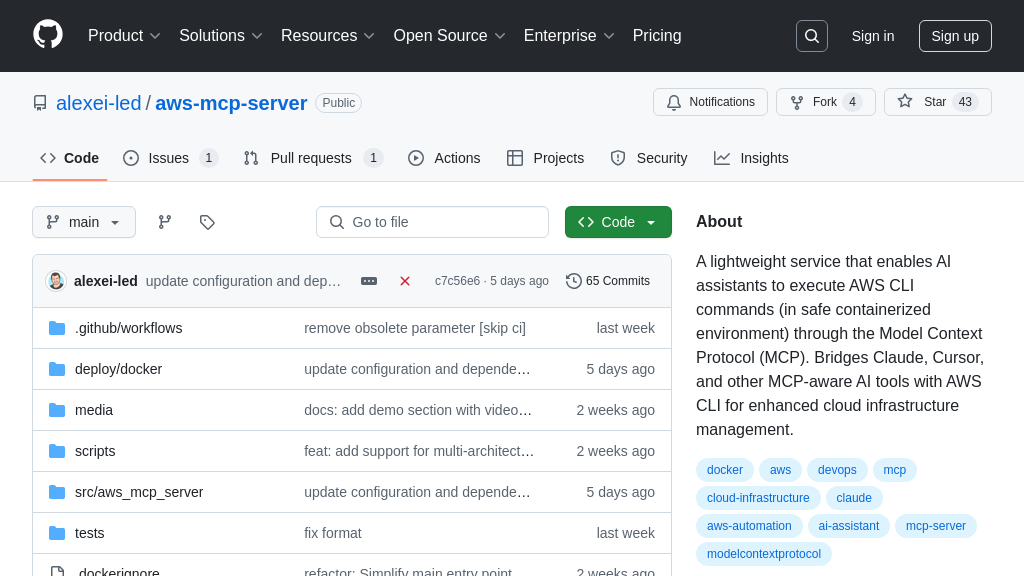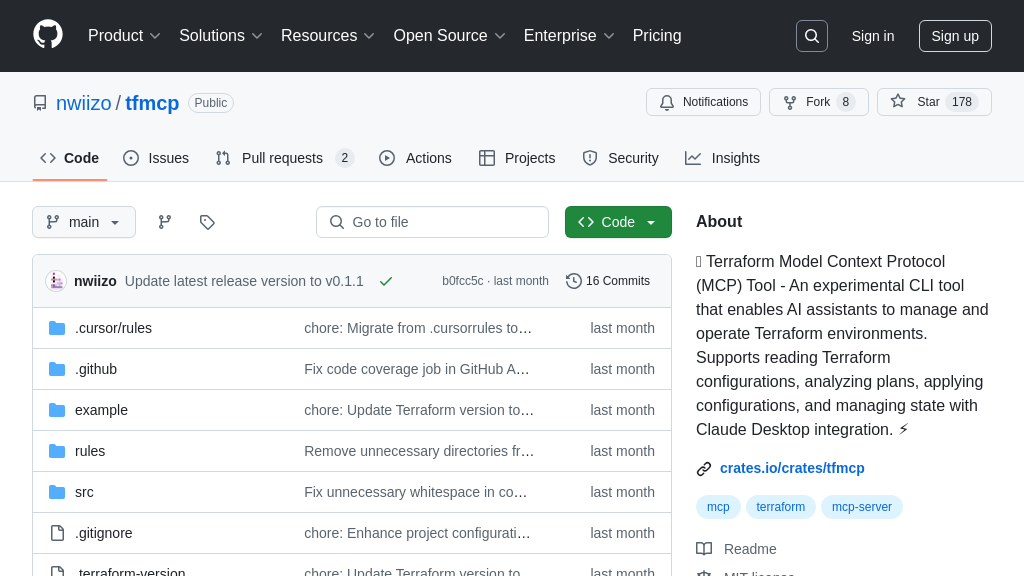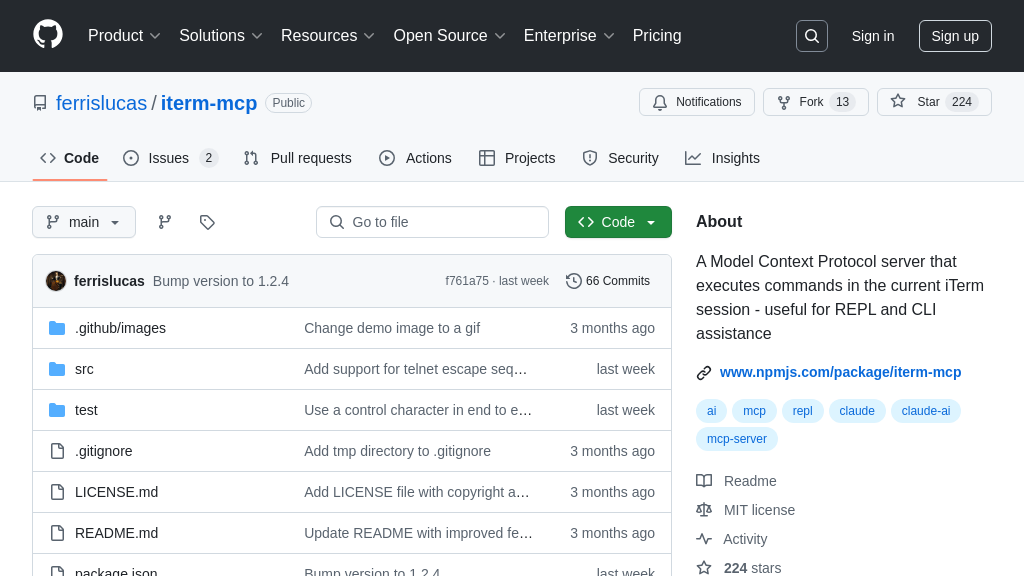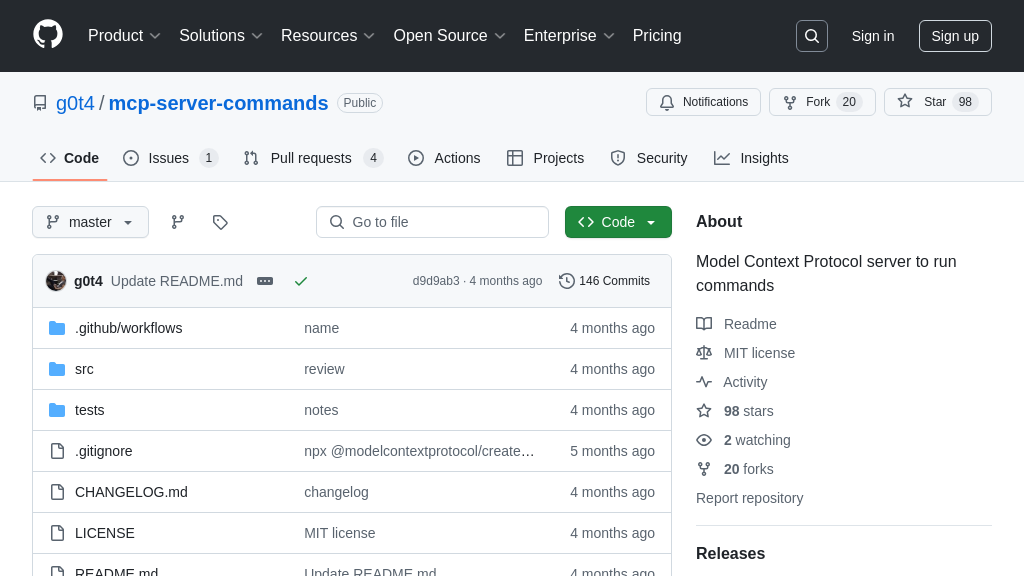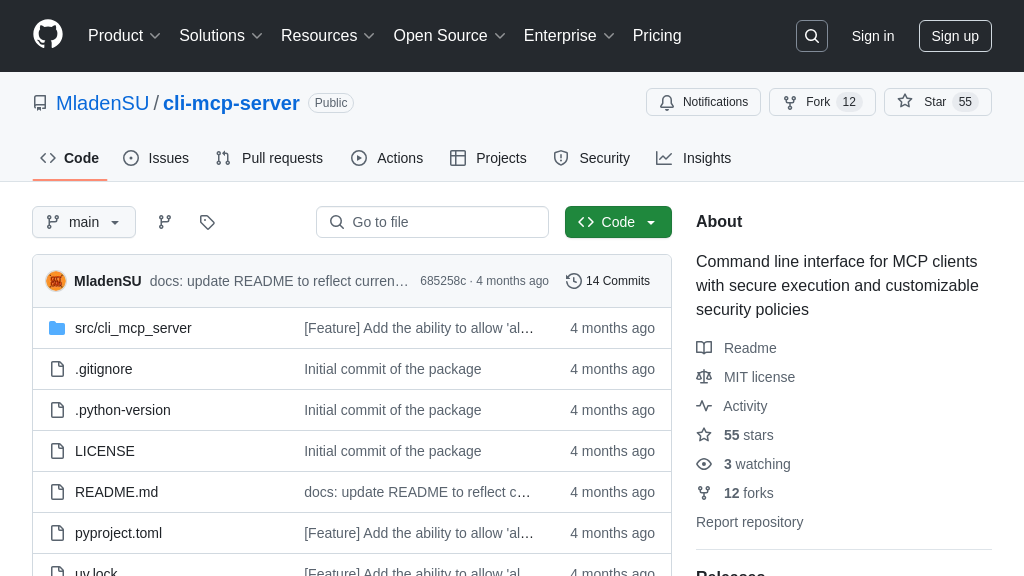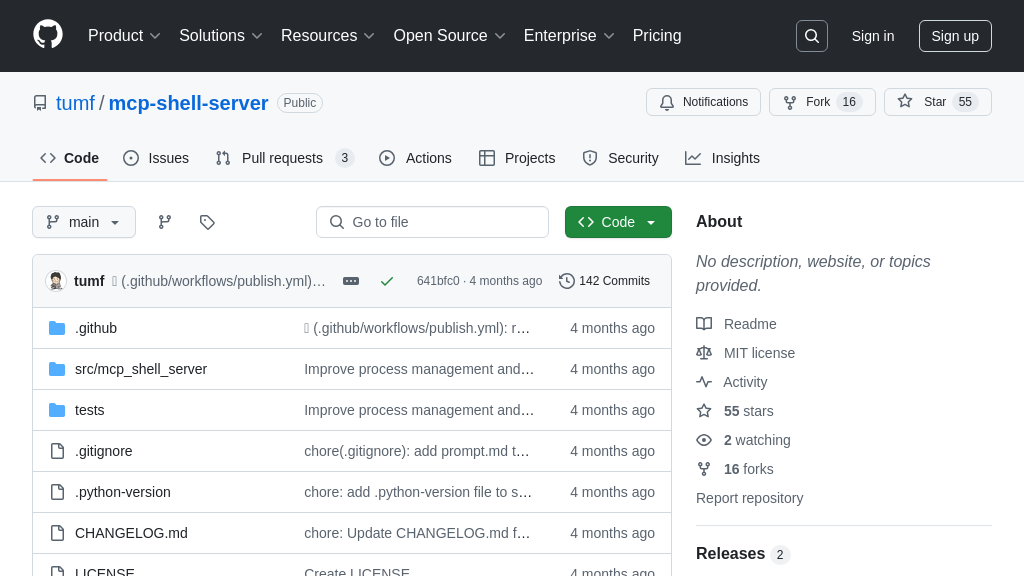db-mcp-server
db-mcp-server: An MCP server for AI-powered multi-database access, enabling seamless integration with AI models.
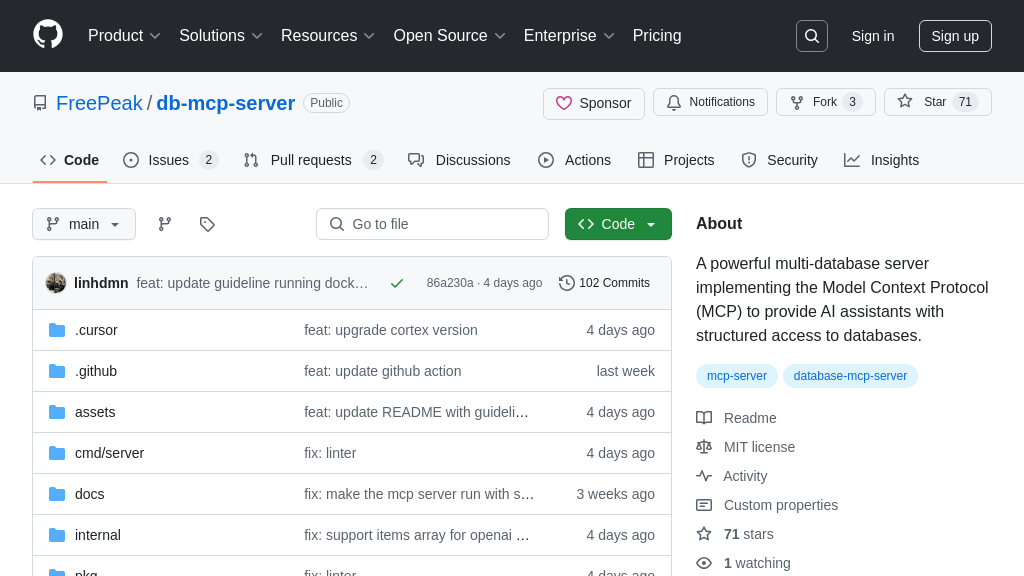
db-mcp-server Solution Overview
The db-mcp-server is a versatile MCP server designed to provide AI assistants with structured access to multiple databases simultaneously. Built on the FreePeak/cortex framework, this server allows AI models to interact with MySQL and PostgreSQL databases through a unified interface. It dynamically generates database-specific tools for executing SQL queries, managing transactions, exploring schemas, and analyzing performance.
This solution addresses the challenge of integrating AI models with diverse data sources, simplifying database interactions for developers. By supporting simultaneous connections to multiple databases and offering a consistent interaction pattern, the db-mcp-server streamlines the development process. Its clean architecture and OpenAI Agents SDK compatibility further enhance its value. The server can be easily deployed using Docker or built from source, offering flexible integration options for various development environments. It uses standard input/output and HTTP/SSE for data transmission.
db-mcp-server Key Capabilities
Multi-Database Connectivity
The db-mcp-server allows AI models to interact with multiple databases simultaneously, a significant advantage over traditional single-database connectors. It achieves this by managing multiple database connections, each defined with a unique ID, type (MySQL, PostgreSQL), host, port, name, user, and password. This configuration enables the AI to access and manipulate data across different database systems through a unified interface. For example, an AI assistant could use this feature to compare sales data between a MySQL database storing customer information and a PostgreSQL database managing product inventory, providing a comprehensive business overview. This eliminates the need for complex data migration or custom integration scripts, streamlining the AI's access to diverse data sources. The server uses a configuration file (config.json) to store connection details, allowing for easy management and modification of database connections.
Dynamic Tool Generation
For each connected database, the db-mcp-server automatically generates a set of specialized tools, enabling AI models to perform specific actions like querying, executing statements, managing transactions, exploring schemas, and analyzing performance. This dynamic tool generation simplifies the interaction process, as the AI can directly call pre-defined tools instead of constructing complex SQL queries or commands from scratch. For instance, if connected to a MySQL database with ID "mysql1", the server creates tools like query_mysql1, execute_mysql1, and schema_mysql1. An AI assistant could then use query_mysql1 to retrieve specific data, execute_mysql1 to update records, and schema_mysql1 to understand the database structure, all without needing to know the underlying SQL syntax. This feature significantly reduces the complexity of database interactions for AI models. The server leverages the database connection details to generate these tools, ensuring they are tailored to each specific database.
Unified Query Interface
The db-mcp-server provides a unified interface for executing SQL queries across different database types, abstracting away the nuances of each database system. This means that an AI model can use the same query structure and parameters regardless of whether it's interacting with a MySQL or PostgreSQL database. For example, the AI can send a JSON payload with a "query" field containing the SQL query and a "params" field containing the parameters. The server then translates this request into the appropriate SQL dialect for the target database and executes it. This simplifies the development process for AI applications that need to work with multiple database types, as developers don't need to write separate code for each database. The server uses database-specific drivers to handle the translation and execution of queries, ensuring compatibility and optimal performance.
Transaction Management
The db-mcp-server supports transaction management across different database connections, allowing AI models to perform complex operations that require atomicity, consistency, isolation, and durability (ACID properties). The server provides tools to begin, commit, and rollback transactions, ensuring that data integrity is maintained even when multiple databases are involved. For example, an AI assistant could use this feature to transfer funds between two bank accounts stored in different databases. The AI would begin a transaction, debit the funds from the first account, credit the funds to the second account, and then commit the transaction. If any step fails, the AI can rollback the transaction to ensure that the funds are not lost. The server uses database-specific transaction mechanisms to ensure that transactions are handled correctly.
Schema Exploration
The db-mcp-server offers schema exploration tools that allow AI models to understand the structure of connected databases. This is crucial for AI models to dynamically generate queries and understand the relationships between tables. The schema_<dbid> tool provides information about tables, columns, data types, and relationships within the database. For example, an AI assistant can use this tool to understand the available tables and columns before constructing a query, ensuring that the query is valid and returns the desired results. This eliminates the need for the AI to have prior knowledge of the database schema, making it more flexible and adaptable. The server retrieves schema information using database-specific metadata queries.
